We recently connected with Stephanie Samolovitch and have shared our conversation below.
Stephanie, looking forward to hearing all of your stories today. Was there a defining moment in your professional career? A moment that changed the trajectory of your career?
Some individuals grow up knowing exactly what they want to be while others, like myself, are clueless. I chose Pharmacy as a degree simply out of getting good grades in math and science. Two weeks before my junior year in college began, an oncologist stood along my bedside at the hospital and confirmed that I had Leukemia. Celebrating my 20th birthday two weeks later, still in the hospital, I faced my own mortality while learning what Leukemia was and what treatment entailed. This was in 2005. The world was different; no social media other than Facebook for college students. I was perceived as the child or grandchild at the cancer center compared to other patients, unrelatable to everyone I knew, yet I shared my story with anyone who would listen.
I quickly became known as the young adult patient and realized in 2006 that I had to be the change I wished to see in the world for young adults impacted by cancer. In 2010 I had earned my Master’s in Social Work degree. In 2012, I began facilitating in person support groups. In 2014, I expanded the support by independently fundraising to host social uplifting outings and offer financial assistance to this population. In 2019, I founded Young Adult Survivors United and on March 1, 2020 I announced YASU publicly. Two weeks later, with a pandemic shutting the world down, I began building a virtual platform.
To date, YASU has a staff of 4, an office space in Wexford, PA and has 850 members. In person programming is offered regionally while the virtual platform outreaches nationally. While we don’t fundraise for research, we raise funds and much needed awareness for young adults diagnosed with cancer when aged 18-45; a population often overlooked and misunderstood. It is quite a blessing to lead this community, advocate for their rights, and appropriately disclose when my personal experience can relate to what they’re going through.
Young adults with cancer are parents with young kids, college students, young professionals, engaged couples, new homeowners, caregivers for their parents, and overall individuals navigating young adulthood seeking independence when blindsided by cancer and the trauma that comes with it.
Our annual events include a sold-out golf outing, 4 day Young Adult Cancer Camp retreat, and Wig Out Halloween Party.
Our tagline is “Young Adult Cancer is Different” because we can’t relate to kids, teens, or older adults when diagnosed or trying to transition back into life; or preparing for end of life knowing what could have and should have been decades later.
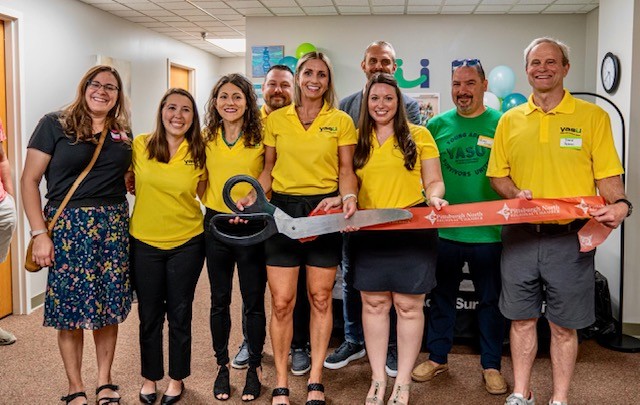

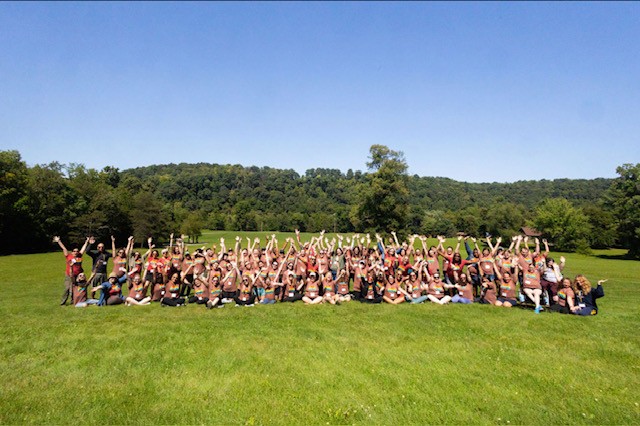
Stephanie, before we move on to more of these sorts of questions, can you take some time to bring our readers up to speed on you and what you do?
I am a born and raised Pittsburgh girl who decided to be a pharmacist only because I got good grades in math and science and had heard that pharmacists were in high demand (and earned a great salary). All of this changed when I was diagnosed with Leukemia right before my junior year in college at the University of Pittsburgh (main). I took a year off for intensive treatment, returned to college in 2006 and after failing classes and soul searching, I found a new purpose and never looked back. I changed my major and earned my bachelor and master’s degrees in Social Work and by 2012, I started building a young adult cancer community.
It’s simple. I identified a significant gap in resources for young adult cancer survivors (survivors are defined as anyone diagnosed with cancer from day one). Young adults are not kids, teens, or older adults. A population often overlooked or misunderstood, it includes 18-39 year old at diagnosis, while some organizations have extended it to age 45 when diagnosed.
From a personal experience to years of actively listening and supporting them in monthly support groups, I realized that young adults need to feel “normal” again and therefore began coordinating fun, uplifting social outings (i.e. kayaking, axe throwing, bowling, game nights, potluck Thanksgiving dinners, walk & talks, etc) and financial assistance (financial toxicity remains as one of the biggest challenges they face during and after treatment).
With the emotional, social, and financial support model I built, I only identified more needs that were not being met which is why I launched Young Adult Survivors United in March 2020. Unintentionally but due to the pandemic, I built a virtual platform that naturally recruited YAs from out of state who also needed our support. All programs fall under one of those pillars and YASU has become the community for YA cancer survivors and their caregivers. As an advocate and healthcare professional working with this population for 12 years now, I recognize that their needs vary throughout the course of their experience from diagnosis and beyond. That’s why YASU’s supportive model isn’t a “one size fits all” type.
Services include virtual support groups and socials, a monthly self-love workshop, financial assistance, free daylong or overnight respite trips, in person support groups and socials, free counseling for Western PA residents, free cosmetic services (microblading) for local eligible members, and distribution days for local members needing help making ends meet.
I’m most proud of how fast we’ve grown and have raised the amount of awareness in just 4 years with one of them being a pandemic. I’ve witnessed lifelong friendships arise through YASU from the bonds they build within programs they attend. Young adults need peer support and a safe space to reach out to one another. They also go through so many transitions after being diagnosed, and too many people often assume that life will return as it was pre-cancer when that couldn’t be farther from the truth. Think of a soldier fighting in the battlefield. The PTSD and trauma heighten afterwards when life calms down and they need to process what happened and the future ahead of them. While it’s far from the same experience, it’s very similar for cancer survivors. Often times, relationships end, friends move on because they don’t know what to say or how to support, debt rises along with mental health symptoms, and they either don’t want to return to their jobs or can’t due to side effects or other complications. YASU is here to support their needs through every step of the way with the goal of enhancing their quality of life. Through YASU, they’re giving the tools, education, empowering activities and peers to lean on.
Often times, young adult cancer survivors don’t look like the stereotypical cancer patient that society envisions, which can be problematic. Yes, the cliche statement is to not judge a book by its cover, but it couldn’t be more true in this situation too. Just because a patient rings the bell on their last day of chemo, or doesn’t lose their hair, or still works throughout treatment, it doesn’t mean they’re doing well.
I am so proud that we are being recognized as a cancer population who has very unique challenges and needs. After being diagnosed with Leukemia in 2005, I come with the utmost appreciation that the young adult cancer experience is uniquely identified, researched, and studied.
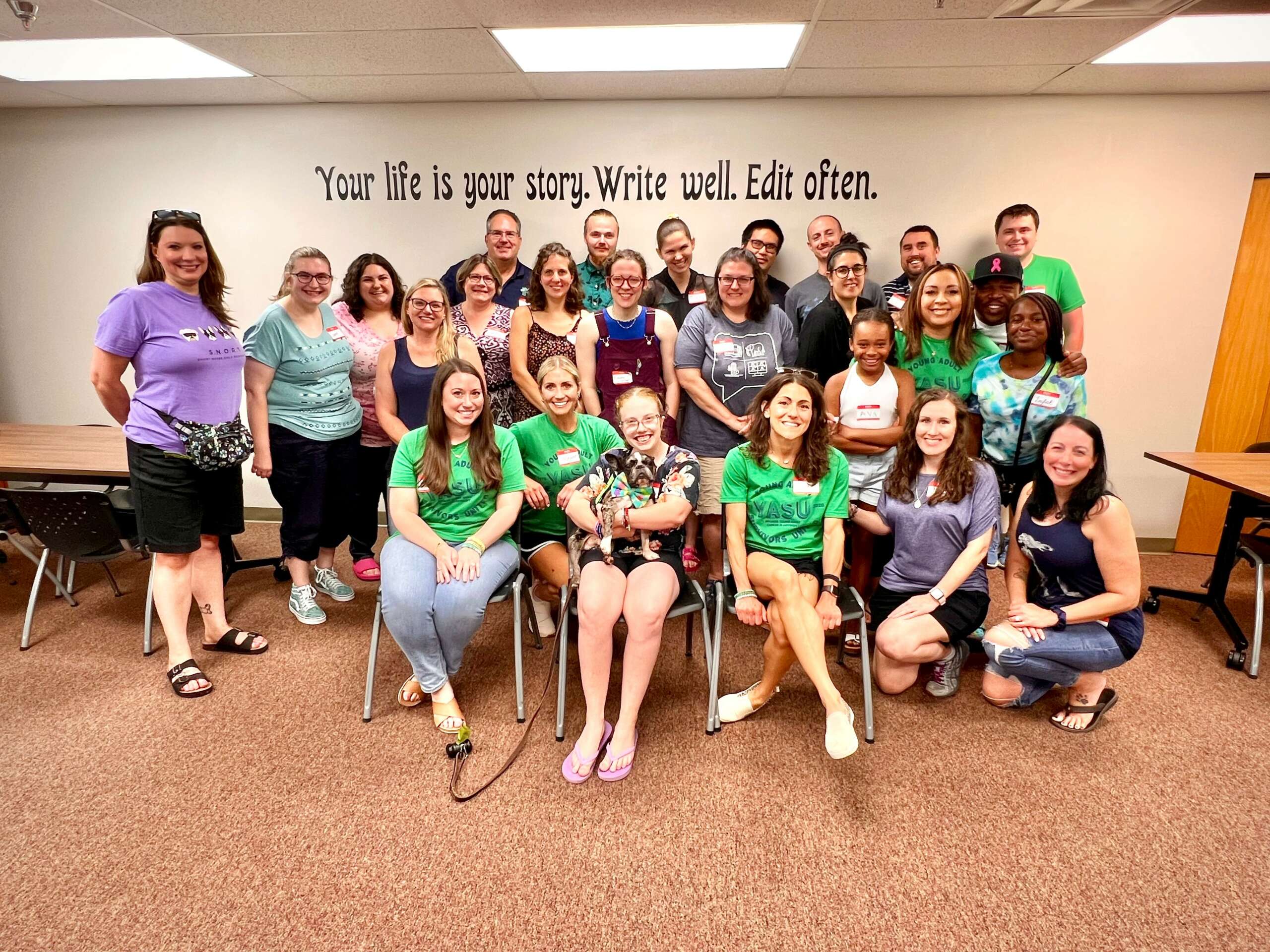
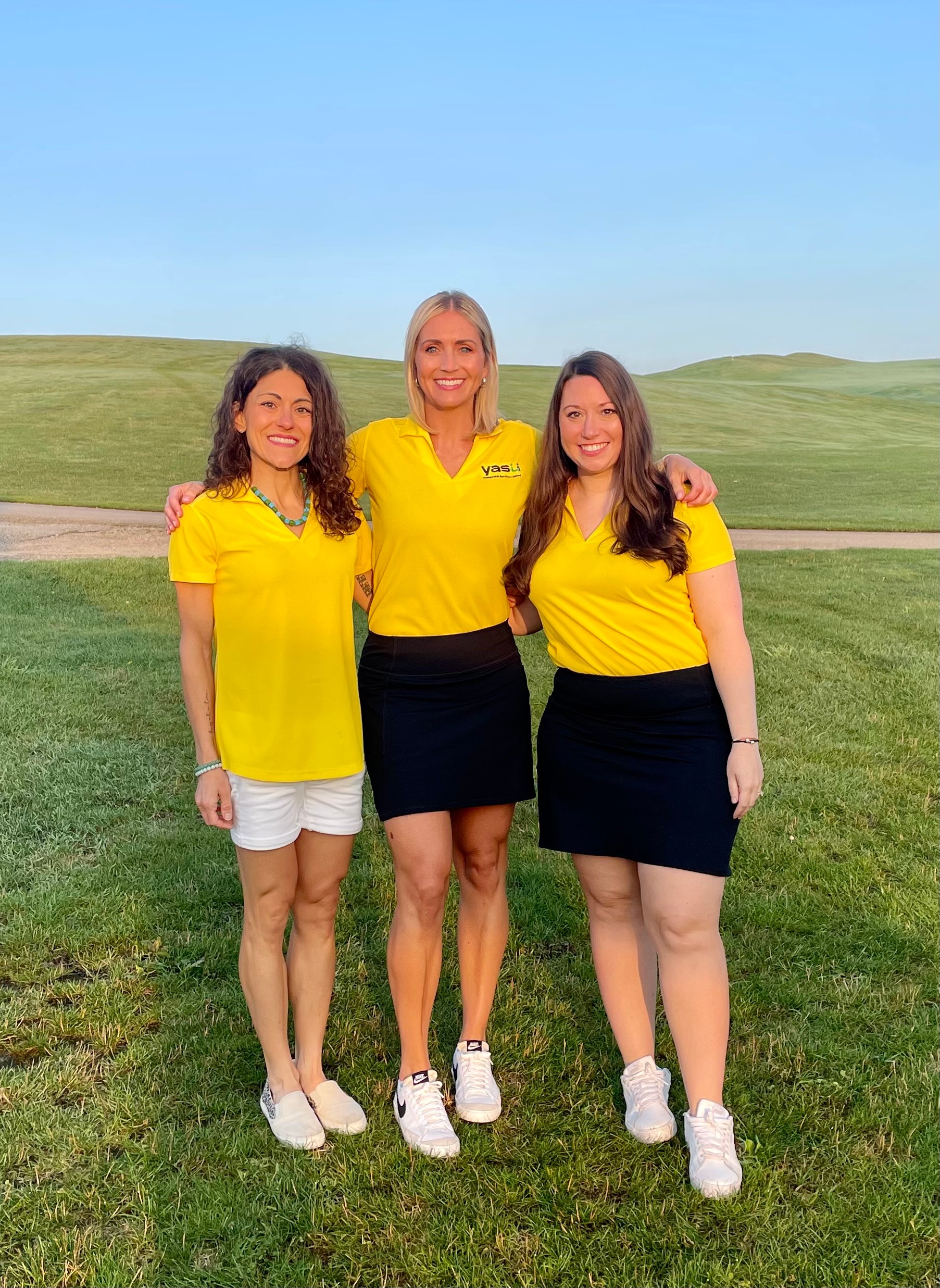
Putting training and knowledge aside, what else do you think really matters in terms of succeeding in your field?
When defining “my field” I am relating to social work oncology and nonprofit leadership. It’s important to enter any field of social work identifying that you are a problem solver and a helper. You meet people from different socioeconomic backgrounds and I believe that’s a beautiful thing, being able to learn about other cultures and different backgrounds. This field is constantly evolving with new resources, program and funding opportunities, and operational strategies that make work most efficient and impactful. Some of the most helpful things I believe in are learning from mentors, making self-care a priority, realizing that it’s always a team effort, and recognizing when it’s time to restructure and strategize. Networking is also crucial in this field but overall, I think you have to have the passion and commitment to serve in leadership, especially in the nonprofit sector, if you want to succeed; otherwise burnout is a real risk.
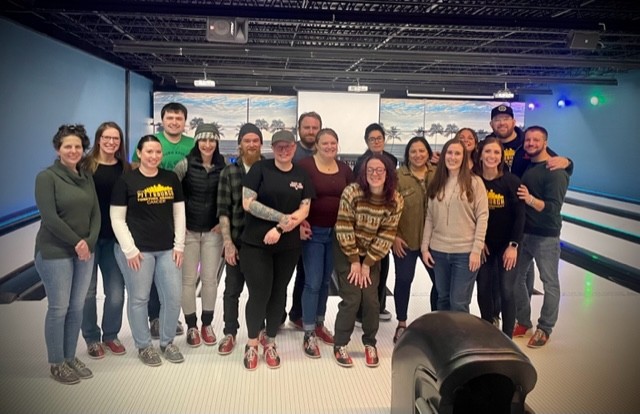
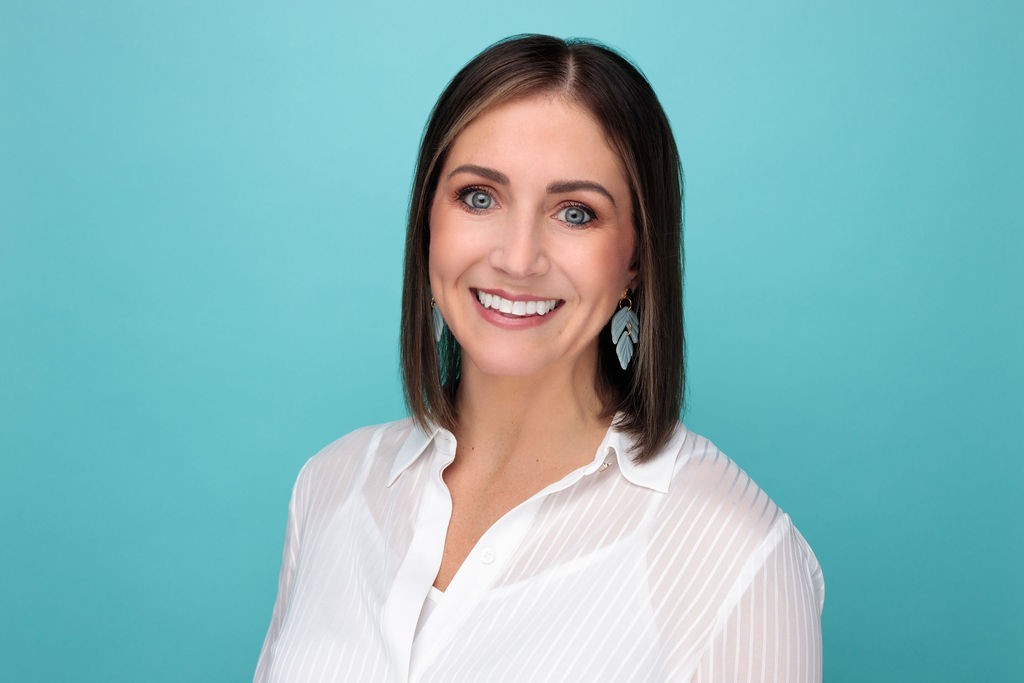
Have you ever had to pivot?
One day I will write my book. Until then, I’ll share this piece that’ll likely be a chapter in that book: “4 years of pivoting”.
After surviving Leukemia at age 20, changing college degrees, overcoming the mental health “aftermath” of cancer, finding my identity and deciding to build a young adult cancer community, I met someone in 2012 who I married in 2016. Only after did I realize I still hadn’t found my true self and was still evolving into the woman I am meant to be. Initiating a divorce in 2021 which was finalized in 2022, I sold the house and rented a townhouse for 2 years. Preparing to move into a home of my own, I realize that I’ve pivoted constantly over the last 4 years.
I pivoted jobs and launched Young Adult Survivors United. I pivoted by building a virtual platform. Then I pivoted by realizing that marriage was actually not meant to be, and entered single life again. I pivoted in 2023 when we moved YASU into its first office space, hiring more employees and providing more volunteer opportunities.
Life is a pivot because the only constant in life is change. I’ve chosen to perceive pivoting as learned lessons and growth; the beauty of life!
Contact Info:
- Website: https://yasurvivors.org
- Instagram: @yasurvivorsu
- Linkedin: young-adult-survivors-united
- Twitter: @yasurvivorsu
Image Credits
Dominique Murray Photography LJ Reed Photography


